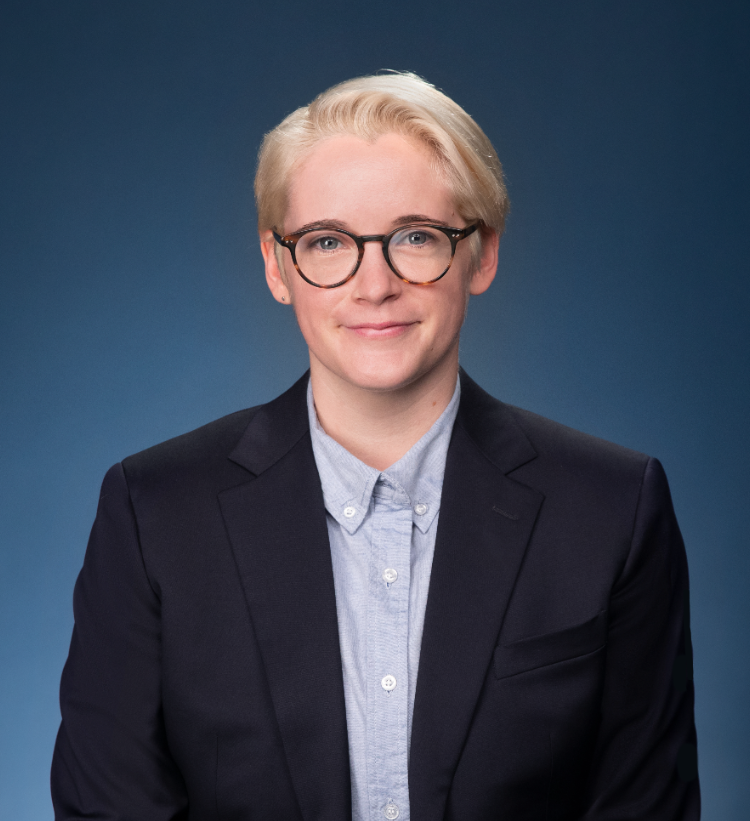Caroline is the Director of LGBTQI+ Policy at the Center for American Progress.
 Caroline Medina, MPA
Caroline Medina, MPA
After completing my undergraduate degree I began my career in the Massachusetts House of Representatives. There I had the opportunity to learn the skills necessary to strategically navigate a legislative process, engage in qualitative research, and build coalitions guided by shared goals, while managing a portfolio of bills covering a wide range of social policies. While I appreciated my work for the Legislature, I was driven to apply to the LSE Master in Public Administration (MPA) in order to deepen my understanding of quantitative and econometric methods needed to engage in data-driven, evidence-based policy analysis.
At the LSE I tackled a rigorous academic curriculum that led me to specialize in economic policy; I also obtained more real-world policymaking experience through my internship with the Organisation for Economic Co-operation and Development and my capstone project for the National Health Service. After completing the MPA program, I graduated with deep, substantive knowledge about how to design policy interventions, effectively implement them, and assess their impact. I’m especially grateful to have learned from wonderful faculty who were academics and practitioners, as well as my brilliant classmates that represented diverse backgrounds and offered global perspectives on public policy and politics.
After completing the MPA, I joined the Center for American Progress think-tank where I’m now Director of LGBTQI+ Policy. In this role, I engage in strategic advocacy, meaningful coalition-building, and impactful research and analysis that advances policies to improve the well-being of LGBTQI+ communities.
Through this work I have the opportunity to design and conduct original surveys and to develop policies that positively impact LGBTQI+ people by expanding access to quality, affordable health care and insurance, bolstering economic security, and enhancing data collection on LGBTQI+ people. For example, I’ve worked to strengthen nondiscrimination protections and improve access to gender-affirming care for LGBTQI+ people through Section 1557 of the Affordable Care Act, to support a national paid family and medical leave program that are inclusive of LGBTQI+ people and their chosen family, and to expand data collection on sexual orientation and gender identity in the Census Bureau’s Household Pulse Survey.
My time at the LSE was challenging and enriching. I feel incredibly thankful that the SPP helped me acquire the knowledge and skills necessary to advance my career and pursuit of policy work that I’m passionate about.